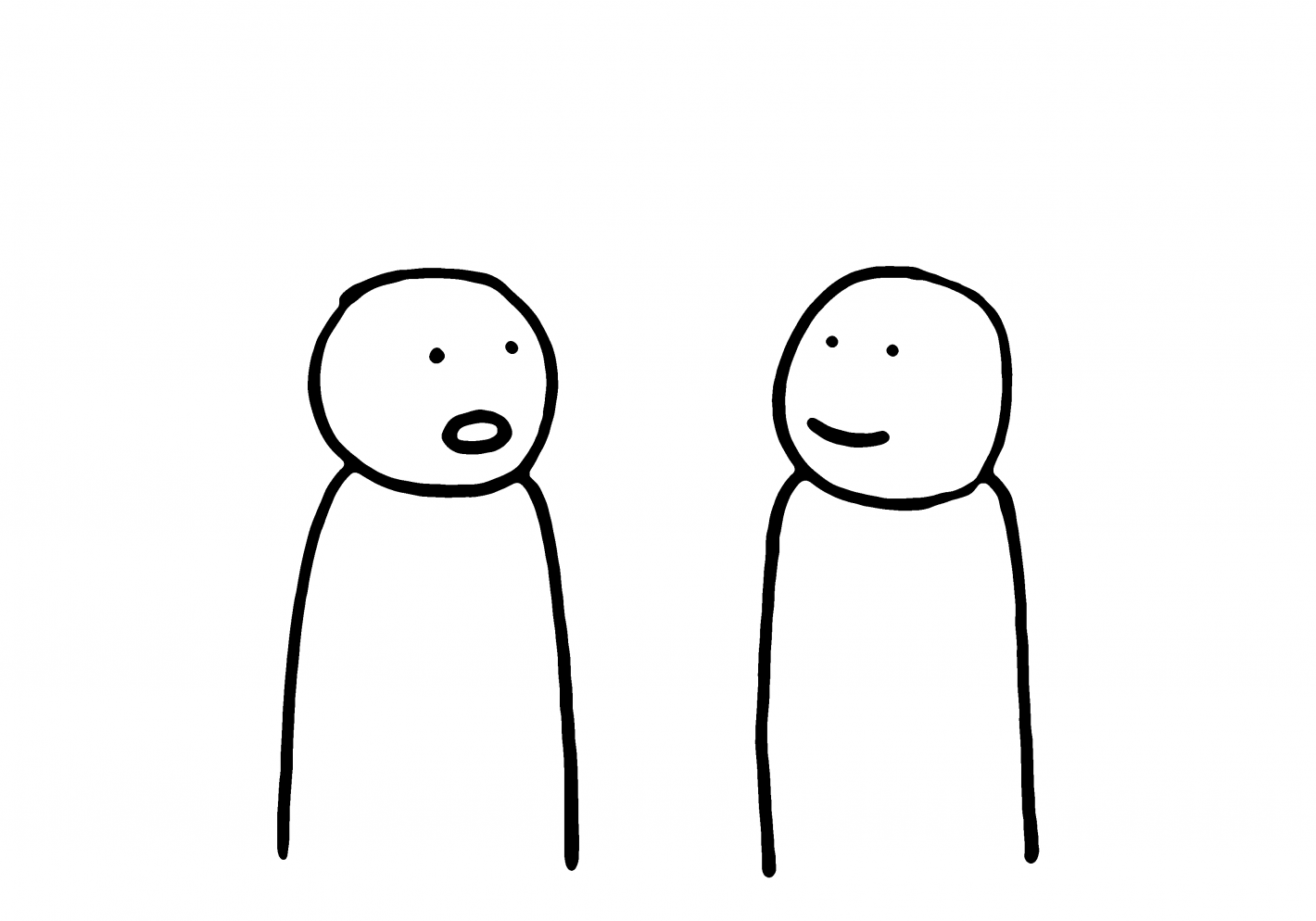For a scientist there is a need to communicate and discuss research findings. There are many ways to communicate. Besides the written form and a structured oral form—such as a talk or a lecture—informal personal communication is another common way to exchange ideas. Good communication within the scientific community also helps to be well integrated. This clarifies relevant research directions, possibly increases the support of reviewers, and can motivate your own research as you know that somebody else will be interested in your findings. But how do you strike up these conversations? Certainly it helps to do networking by personal communication.
There are different strategies to set up a network. One way is to simply interact with colleagues in the same group and institute. Another way might be by using social media or phone calls. Here I want to focus on a third option: How to contact somebody at a meeting/conference—a good way to reach more senior people.
Before the meeting, it is helpful to set up your own schedule and to free your agenda to be focused on subjects that interest you and to be flexible with other people. For the hotel it is good to find a spot that is conveniently located to reach the venue and has good places for dinner. As people might search for you on the internet its also important to check your presence on the web (profiles, website, …). Simply check what people will find if they type your name. If you know whom you want to talk to it is also good to schedule an appointment before the meeting.
Prepare yourself for a personal communication
At the meeting it takes some effort to stay away from the big group of your nice colleagues. But it might be good to walk around with one experienced colleague. She/he might help you to get in contact with others. Apparently the reasonable number of people for a conversation is four. Certainly it’s good to walk a bit around to see who is ready for a conversation.
The key step is to be prepared for talking to somebody. For the introduction I am ready for single sentences on:
- My name and where I work.
- My research question.
- Why I am fascinated by my research.
- What is my future plan.
Important are here simple, clear, and unique sentences. But equally important is to have a good question to ask, to know what the other person is working on, and what you like about his/her research. It is also good to be informed about non-scientific topics which are current and maybe relevant for the other person and/or the location.
To phrase a good question I find it helpful to identify in a talk a good question to ask and write it down with the speaker’s name. I try to do so at about half time of the talk. By this I still have time to reflect about the question and rephrase it to improve the clarity. Maybe there is time after the talk to directly ask the question. If so, I am usually happy with a reply. I do not start a discussion during the question session. There should be time afterwards to clarify a possible misunderstanding. The notes of questions are especially helpful if it takes some time to get in contact with the speaker or somebody else from the research group.
Maintain and use your network
After the personal communication it is also good to send a short e-mail with related material and your contact details. This can be used if you need the new contact later on. Maybe you stay also in touch by some other social media channels.
Good luck with expanding your network! It is an investment in the future and you never know which part of the network you might need in the future.

